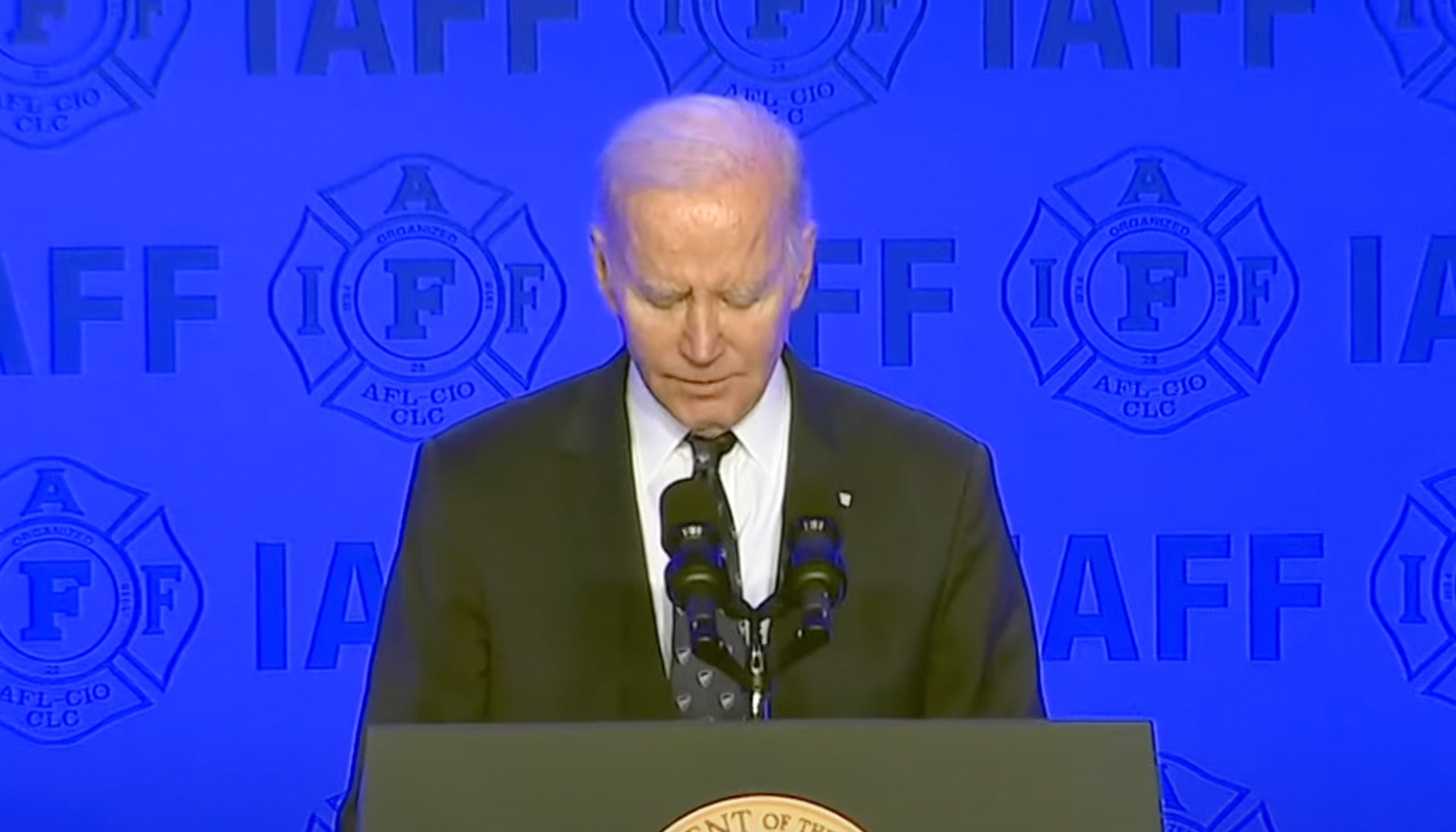Judge overturns ruling on Biden-era nursing home mandate
A federal judge's recent decision has sparked debate in the healthcare sector regarding a national staffing requirement deemed controversial by many.
Judge Matthew J. Kacsmaryk of the US District Court for Northern Texas ruled against the enforcement of a 24/7 registered nurse requirement in nursing homes, claiming that the Centers for Medicare & Medicaid Services (CMS) overstepped its authority, and the outcome has been embraced as a significant win for nursing home providers who considered the mandate impractical, especially in less urbanized areas, as Long Term Care News reports.
On Monday, Kacsmaryk sided with four nursing homes and leading healthcare associations. He found that the CMS exceeded its jurisdiction by mandating continuous registered nurse coverage in nursing homes across the nation. Presently, federal regulations require these healthcare facilities to staff an RN for eight hours each day.
The dismissal of the mandate, made through a summary judgment, was finalized with prejudice, preventing future litigation on the matter. Leading healthcare providers and associations breathed a collective sigh of relief, evident in gatherings held in both Atlanta and Washington, D.C., shortly following the court's decision.
Staffing mandate controversy emerges
The initial proposition for increased staffing was driven, in part, by a White House announcement that aligned with President Joe Biden's 2022 State of the Union address. The administration had staunchly defended the rule, advocating for an overhaul in patient care standards within nursing homes.
However, proponents of the staffing rule faced fierce opposition. Critics argued that the mandate overlooked crucial concerns surrounding budget allocations and labor force adequacy in the sector.
LeadingAge president and CEO Katie Smith Sloan expressed condemnation of the approach, emphasizing the significance of exploring sustainable paths forward in improving care standards without imposing strict directives.
Many opponents, such as Nate Schema from the Good Samaritan Society, voiced their concerns regarding the potential impact on facilities in rural areas where labor shortages are prevalent.
The prospect of implementing such a mandate provoked fears of closures and displacement for vulnerable seniors, he contended.
Reactions from stakeholders pour in
Despite the relief felt by healthcare providers, some believe the void left by the ruling demands immediate legislative attention. Healthcare leader Clif Porter implored Congress to take an active role by promoting innovation and ensuring high-quality care outcomes rather than setting arbitrary staffing hours.
Others, however, had defended the staffing requirements with the rationale that it stood to enhance patient care and outcomes significantly.
Sam Brooks argued that adopting the mandate could prevent prevalent conditions such as pressure ulcers, reduce hospitalization rates, and enhance the quality of life for thousands of nursing home residents nationwide.
The decision reached by the court also holds the potential to sway ongoing related trials and discussions within Congress. CMS, prior to the judgment, had remained firm in support of the staffing requirement, asserting its necessity for the improvement of nursing home operations nationwide.
Future nursing home staffing regulations uncertain
The debate around mandating staffing hours in nursing homes is far from over. While many within the sector cheer the court's decision, reasoning that it delivers a "major victory," the controversial issue it addressed remains a topic for further dialogue among lawmakers and industry experts.
As of now, the pivotal conversation revolves around how to best balance care improvement and workforce development without imposing mandates that may disrupt operations.
Industry leaders emphasize the need for a comprehensive approach that tackles both the standards of care and the realities of federal funding and resource limitations.
In summary, with CMS's authority curtailed by the recent ruling, the responsibility now shifts to Congress to formulate policies that will secure both adequate staffing and the financial health of nursing homes.
The unfolding developments will be monitored closely by stakeholders, as the sector continues to reevaluate the best pathways to meet the needs of an ever-changing patient population.





